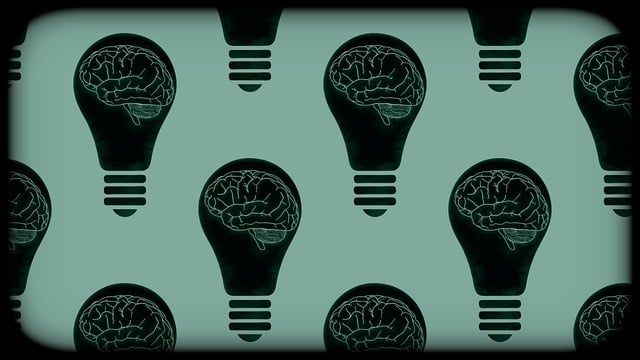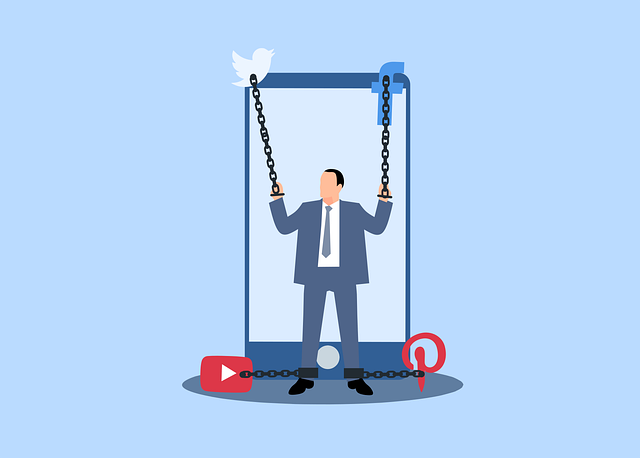Dissociative disorder in adolescent teens is a complex mental health issue characterized by detachment from reality, impacting academic performance and social interactions. Specialized therapy, including tailored psychotherapy and mental wellness apps, offers effective support. These apps provide accessible tools for emotional regulation, crisis intervention, and community support through gamification and peer groups. Designing features that balance engaging content and therapeutic support is key, with privacy, safety, and ethics as paramount concerns. Incorporating evidence-based practices like mindfulness meditation should be done carefully. Ongoing research is crucial to ensure these apps remain effective and aligned with adolescent needs, particularly for those struggling with dissociative disorders.
Mental wellness apps offer a promising avenue for supporting adolescent teens struggling with dissociative disorder. This article explores the intricate relationship between these digital tools and youth therapy, delving into symptoms and challenges unique to dissociative disorders in adolescents. We discuss key features effective in app design, emphasizing privacy, safety, and ethical considerations crucial for developing robust solutions. Furthermore, we analyze potential impact and future directions, shedding light on how technology can revolutionize therapy access and outcomes for this vulnerable population.
- Understanding Dissociative Disorder in Adolescent Teens: Symptoms and Challenges
- The Role of Mental Wellness Apps in Youth Therapy
- Designing Effective Features for Teen Users with Dissociative Disorders
- Privacy, Safety, and Ethical Considerations in App Development
- Potential Impact and Future Directions for Therapy Apps Targeting Adolescents
Understanding Dissociative Disorder in Adolescent Teens: Symptoms and Challenges

Dissociative Disorder in Adolescent Teens is a complex mental health condition often under-recognized and misconstrued. It involves a disconnection from reality, where individuals may experience alterations in consciousness, memory, identity, and perception. Teens suffering from this disorder might display symptoms such as depersonalization (feeling detached from oneself), derealization (perceiving the world as unreal), and even episodes of amnesia or out-of-body experiences. These symptoms can significantly impact their daily lives, affecting academic performance, social interactions, and overall well-being.
The challenges faced by adolescent teens with Dissociative Disorder are multifaceted. They often struggle with self-awareness, making it difficult to connect with others and seek appropriate therapy. The disorder may also manifest as a coping mechanism for trauma, which requires specialized care. Healthcare providers play a crucial role in diagnosing and offering effective treatment options like psychotherapy, specifically tailored to address the unique needs of young individuals. Enhancing healthcare provider cultural competency training can improve support, ensuring teens receive the right help, fostering confidence-boosting strategies and emotional intelligence development.
The Role of Mental Wellness Apps in Youth Therapy

Mental wellness apps have emerged as powerful tools in youth therapy, offering innovative approaches to support adolescent teens struggling with various issues, including dissociative disorders. These apps provide accessible and discrete means for young individuals to engage in therapeutic practices tailored to their specific needs. Through gamification, interactive exercises, and crisis intervention guidance, mental health apps cater to the unique preferences of today’s digital native youth.
For instance, features like mindfulness meditation and confidence-boosting activities can help teens regulate emotions, cultivate present-moment awareness, and build resilience. By integrating these practices into their daily routines, adolescents can develop healthier coping mechanisms and improve overall mental wellness. Additionally, such apps often include community forums or peer support groups, fostering a sense of belonging and normalcy while navigating challenging symptoms of dissociative disorders.
Designing Effective Features for Teen Users with Dissociative Disorders

Designing features for mental wellness apps tailored to teen users with dissociative disorders requires a delicate balance between engaging content and therapeutic support. These apps should offer personalized experiences that cater to the unique needs of adolescents navigating this complex condition. One effective approach is incorporating interactive tools that facilitate stress reduction methods, such as guided meditations or mindfulness exercises, allowing teens to develop coping mechanisms in a controlled digital environment.
Additionally, building empathy through storytelling and social connection features can be transformative. Encouraging users to share their experiences anonymously while connecting them with peers who have similar challenges fosters a sense of community and normalizes their struggles. By integrating confidence-boosting activities and empathy-building strategies, mental wellness apps can empower teen users with dissociative disorders, providing them with valuable tools for managing symptoms and enhancing overall well-being.
Privacy, Safety, and Ethical Considerations in App Development

Privacy, safety, and ethical considerations are paramount when developing mental wellness apps, especially those catering to adolescents with dissociative disorders. These individuals often require specialized therapy for their unique challenges, such as anxiety relief and managing symptoms that may be compounded by digital interactions. App developers must ensure user data is securely stored and encrypted, adhering to strict privacy regulations like GDPR or CCPA.
Furthermore, incorporating evidence-based practices like mindfulness meditation and compassion cultivation can enhance the app’s therapeutic value. However, developers should approach this with care, ensuring the content is accessible and beneficial without inadvertently causing harm. Regular audits and user feedback mechanisms are essential tools to navigate these complex ethical territories, fostering a safe digital environment that complements traditional therapy for adolescent teens with dissociative disorder.
Potential Impact and Future Directions for Therapy Apps Targeting Adolescents

The development of therapy apps targeting adolescents holds immense potential to revolutionize mental wellness support for this vulnerable demographic. With increasing rates of anxiety, depression, and dissociative disorders among teens, there is a growing need for accessible and engaging therapeutic interventions. Apps designed specifically for adolescent users can offer discreet, personalized, and interactive therapy sessions tailored to their unique needs and preferences. By incorporating evidence-based practices such as cognitive-behavioral therapy (CBT) and mindfulness techniques, these digital tools have the capacity to improve symptoms and enhance overall mental resilience.
Future directions for this field should focus on integrating cultural sensitivity in mental healthcare practice to cater to diverse adolescent populations. Incorporating features like self-care practices and stress management workshops within the app ecosystem can empower teens with coping strategies tailored to their backgrounds and experiences, fostering a sense of belonging and empowerment. As technology continues to evolve, ongoing research and development will be crucial to ensure these therapy apps remain effective, engaging, and aligned with the dynamic needs of adolescent teens, particularly those struggling with dissociative disorders.
Mental wellness apps have the potential to revolutionize therapy for adolescent teens with dissociative disorder, offering accessible and engaging tools to address their unique challenges. By incorporating evidence-based practices and carefully designed features, these apps can enhance traditional treatments. However, developers must prioritize privacy, safety, and ethical considerations to ensure trust and effectiveness. As research progresses, further exploration of app impact and tailored interventions will contribute to improved mental health outcomes for this vulnerable population.








